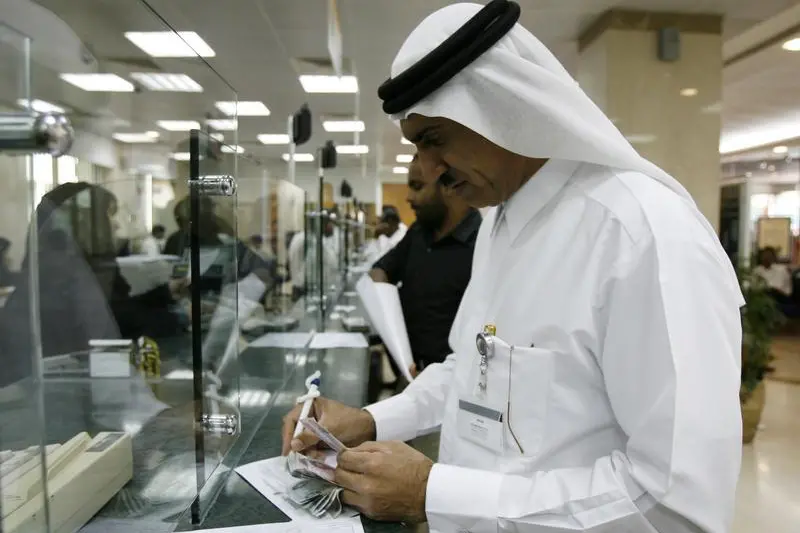PHOTO
The Central Bank of the UAE, along with other GCC regulators, late on Wednesday reduced interest rates applied on the issuance of certificates of deposits by 25 basis points in line with the US Federal Reserve's decision to cut rates, the US central banks' first such move since the financial crisis of 2008.
A certificate of deposits is the monetary policy instrument through which changes in interest rates are transmitted to financial institutions. "The rate reduction is effective from Thursday, which is also when the repo rate on borrowing short-term liquidity from the central bank against certificates of deposits goes down by 25bps," the UAE central bank said.
Monica Malik, chief economist at Abu Dhabi Commercial Bank, said the three-month Emirates Interbank Offered Rate (Eibor) was already pricing in a rate cut, and trading below the repo rate from May to July. "Lower interest rates are positive for reducing debt-servicing costs, though we are cautious on the potential additional support to credit demand with the economic headwinds," said Malik.
Kevin Philip, managing director at Bel Air Investment Advisors, said a 25bps move would not have a large impact on the average consumer's financial lives. "Instead, the idea is that it will keep the economy moving, the job market tight, and incomes will be more secure or move higher."
Philip said the mortgage market - now at two-year lows - would continue to anticipate Fed rate movements. "As housing costs are typically the largest consumer expense, homeowners should keep an eye on whether refinancing makes sense for them over the next six to 12 months."
Any consumer debt loads, especially credit card debt, should be evaluated. With lower rates for longer, credit cards are likely to compete with balance transfer options that can reduce an average consumer's debt costs, said Philip.
"If a consumer can reduce their debt costs by either of the above, use some or all of the savings to reduce the actual debt load. Interest rates at some point will go higher, and it is important to reduce in good times so as to not feel overburdened in leaner economic times," said Philip.
In sum, for banking consumers, the rate cut will mean lower cost for borrowing, credit cards, and mortgages from the prevailing rate between 2 per cent and 2.25 per cent.
Analysts at Capital Economics believe that although in theory, looser monetary conditions should boost credit growth in the Gulf, past experience suggests that Fed cut is unlikely to provide a significant boost to the economy.
Monetary experts believe that the rate cut would give a boost to the property market while facilitating a pick up in the tourism sector as the dollar-pegged dirham gets competitive for foreign visitors.
Most GCC central banks, with the exception of Kuwait, followed the Fed move due to the peg of their currencies to the dollar.
The Saudi Arabian Monetary Authority lowered its repo rate from 300bps to 275bps, and its reverse repo rate from 250bps to 225bps with an "objective of preserving monetary stability".
The Central Bank of Bahrain also slashed the interest rate on its one-week deposit facility to 2.5 per cent from 2.75 per cent. It also reduced the overnight deposit rate to 2.25 per cent from 2.5 per cent; the one-month deposit rate to 2.85 per cent from 3.1 and its lending rate to 4.25 per cent from 4.5 per cent. Kuwait's banking regulator said it is keeping its discount rate unchanged at 3 per cent.






















